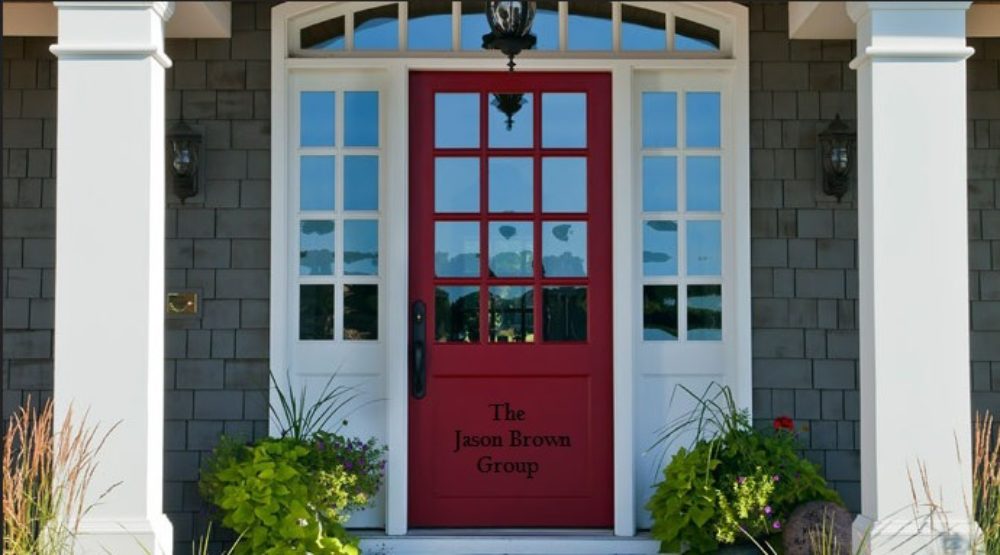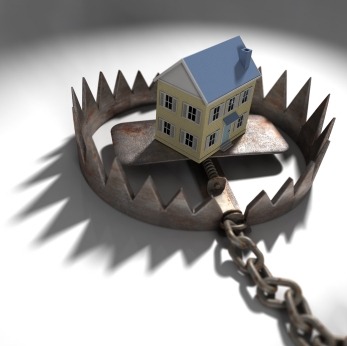Checking The Pulse Of The Kansas City Real Estate Market
Homeowners Associations place restrictions on the homeowners living within a community and those restrictions typically include the types of materials they can be used to build an exterior deck on a home. This may seem like a pain, but it’s those same restrictions that help keep property values higher in the community. An HOA may charge hundreds of dollars each month in dues but it’s those dues that provide the funds to support a nice community pool and maintenance of the common areas and the entryway into the community. So a good homeowners association provides benefits that outweigh the costs and hassles involved.
Despite the hoops that must be jumped through, I’d personally never live in a community in town that didn’t have an HOA keeping the neighbors in line. It’s a small price to pay to have to follow rules and regulations when it comes to the types of materials I can use on my yard fencing, roofing shingles and decking boards. I also happen to like the Johnson County beige color that most exteriors are painted and would NOT want my neighbor’s house painted purple. That could happen if there were no HOA present. Well, actually, that could happen WITH an HOA present. But there would repercussions — the most common being the HOA fining and/or placing a lien on the property who’s broken the rules. Though the most common reason a lien would be placed on a property is due to non-payment of the homeowner’s yearly or monthly dues.
Most communities have a well-run homeowners association, but some others have their troubles. Some don’t have enough homeowners present to cover the costs of the HOA’s commitments. Others have homeowners who refuse to raise the dues to a level that will cover the HOA’s commitments. Others waste the collected dues frivolously. Running an HOA could include maintaining a community pool, clubhouse, walking trails, park, common areas, trash pickup, etc.
A Homeowners Association is also about more than just collecting enough to cover the current costs and expenses. It’s also imperative that the dues being collected are enough to provide a SURPLUS of funds for when major items break down, wear down or become obsolete. I’ve heard 25% used as a good rule of thumb for HOA savings — in other words, if your HOA dues are $400 a year, then $100 of those yearly dues should be going into savings. If you have concerns about the restrictions on the subdivision you’re about to buy into or if you have questions about the stability of the HOA in question, ask the home seller for a copy of the homeowners association restrictions early in the process – or ask the seller for the contact info for the HOA. You can also ask for a copy of the HOA’s current yearly budget and financial statement.
Posted by Jason A. Brown

